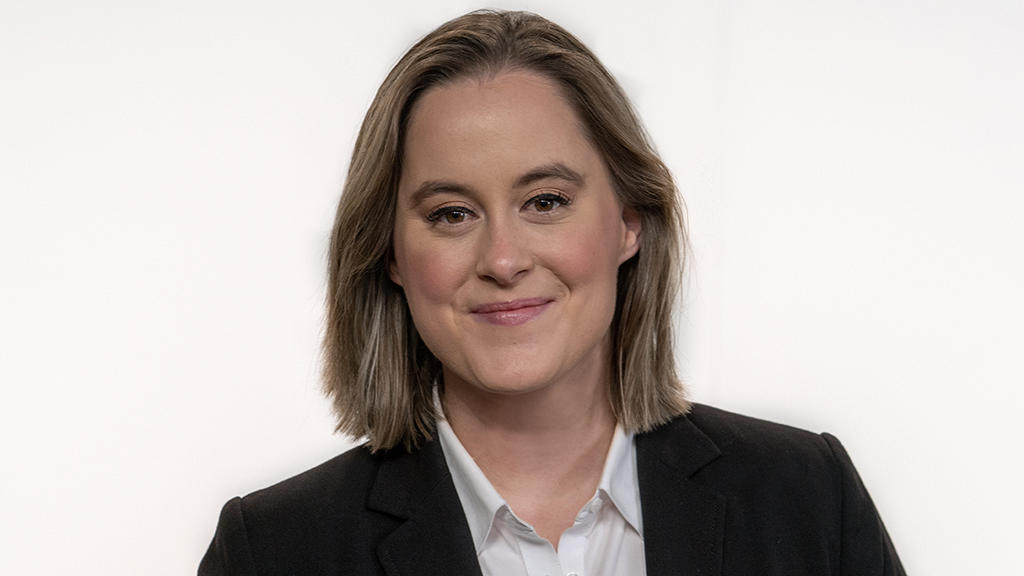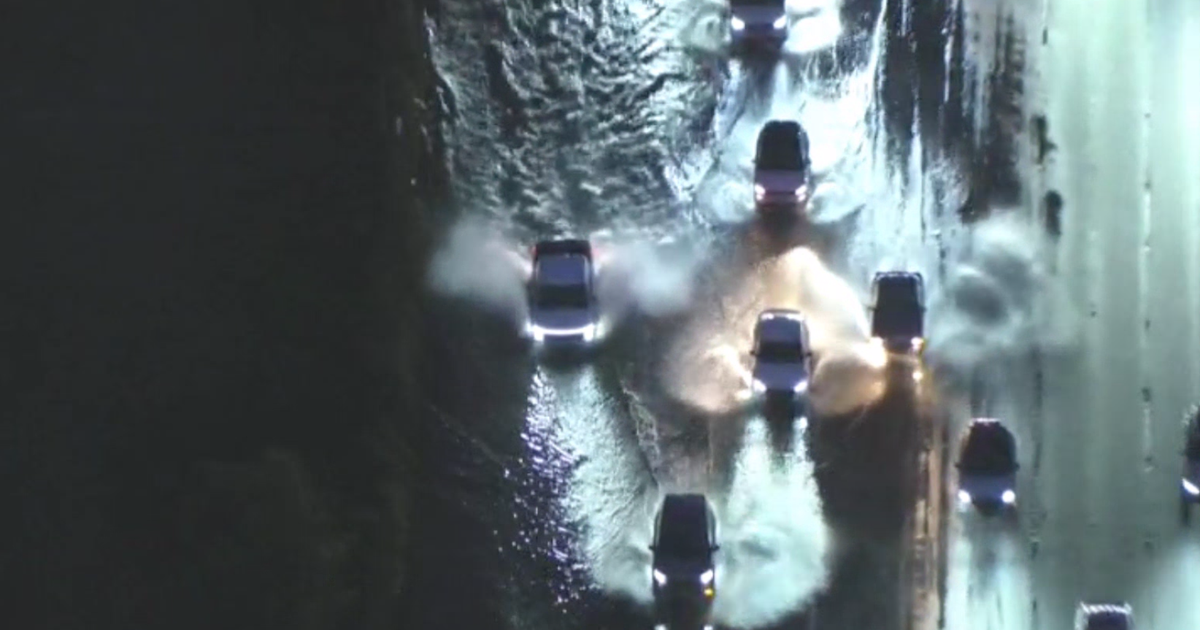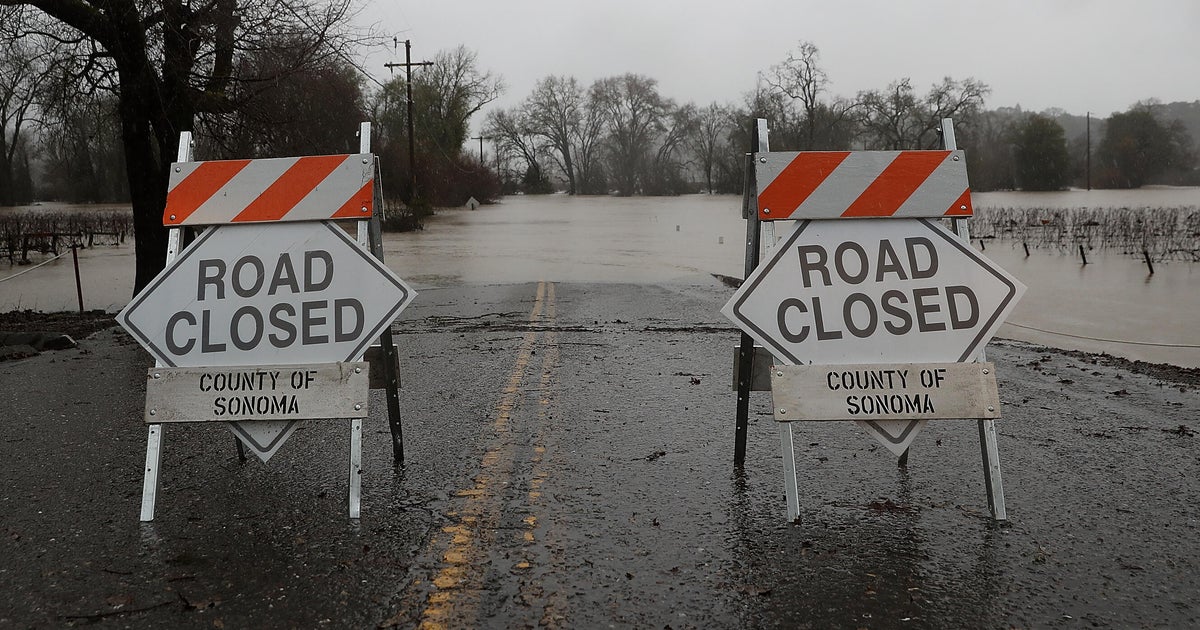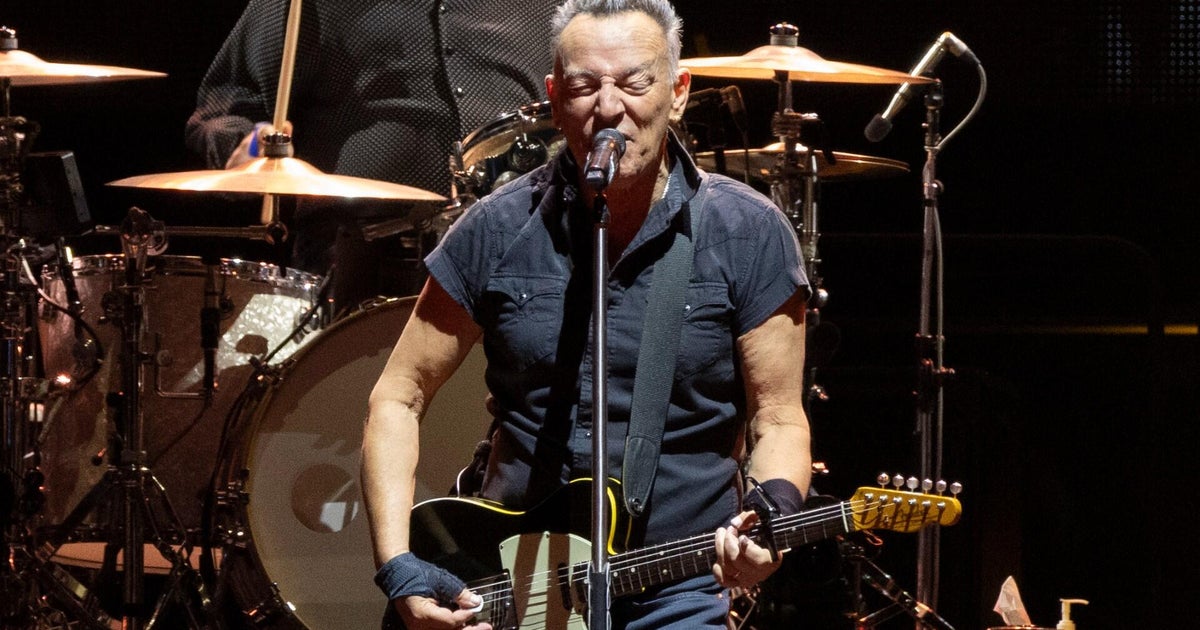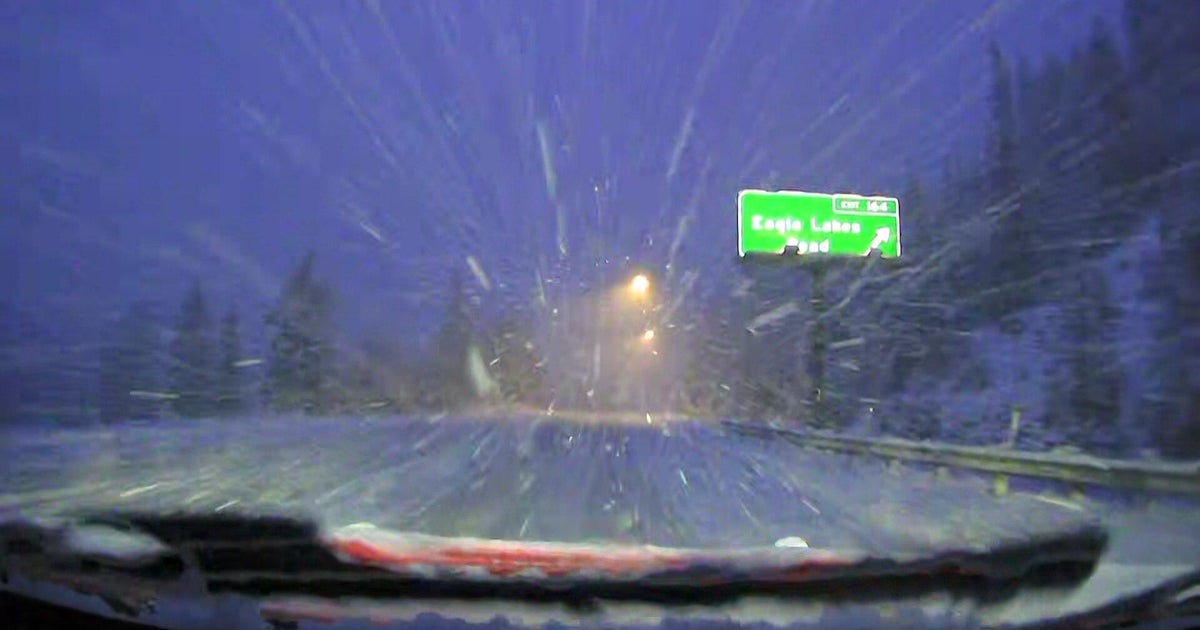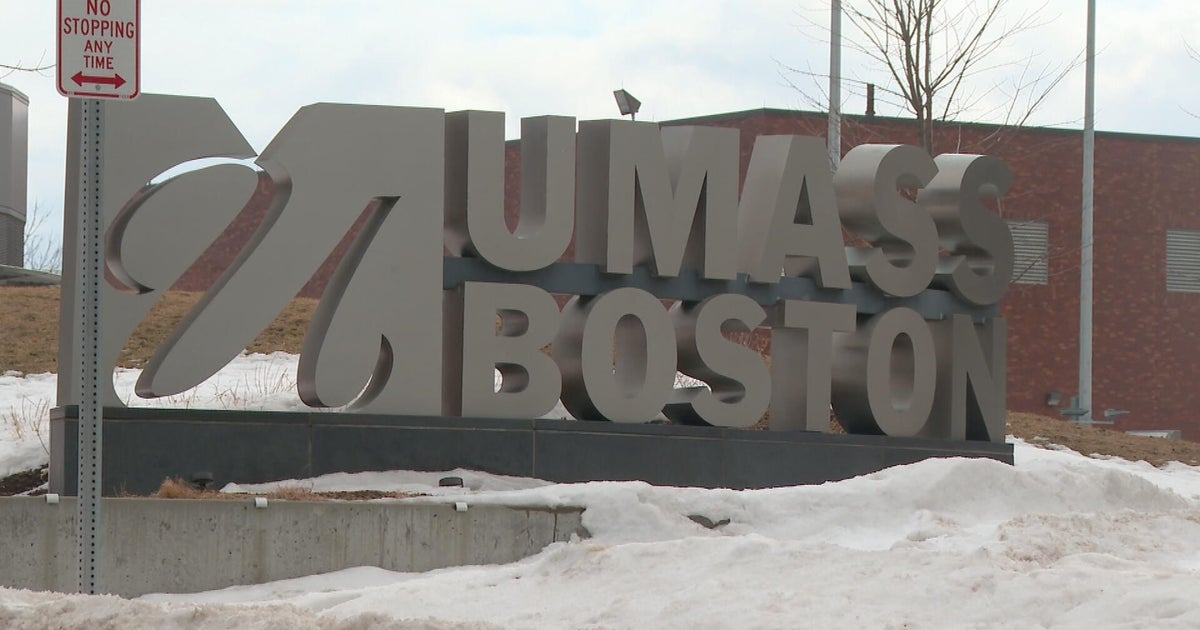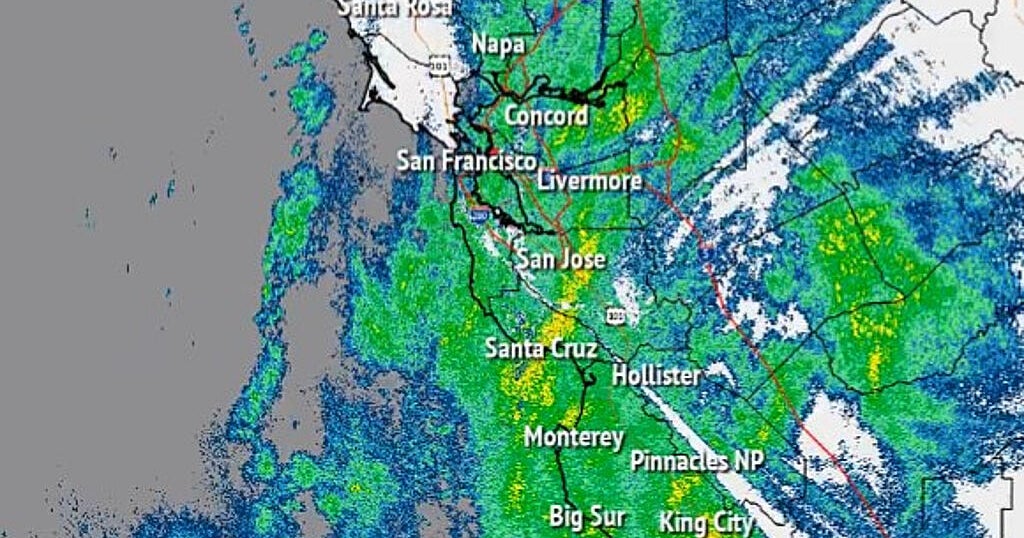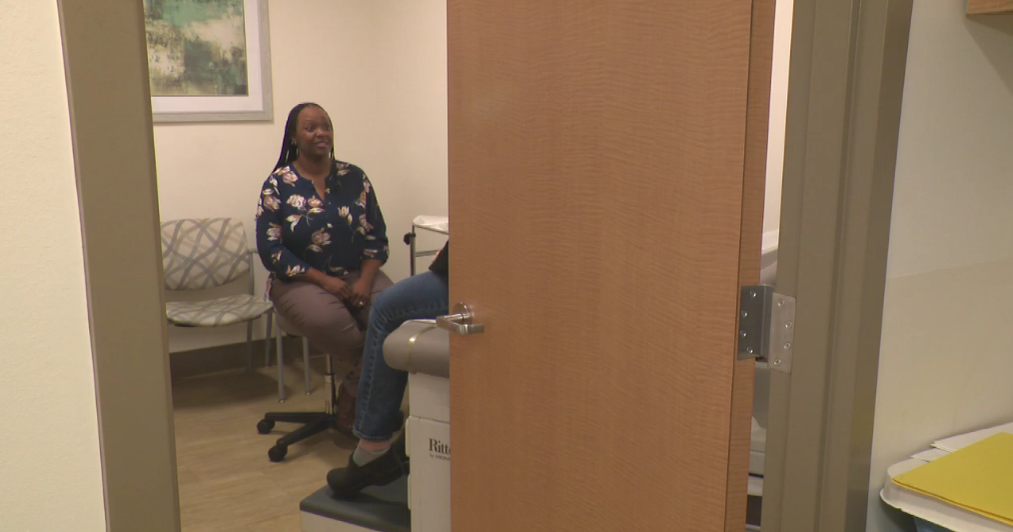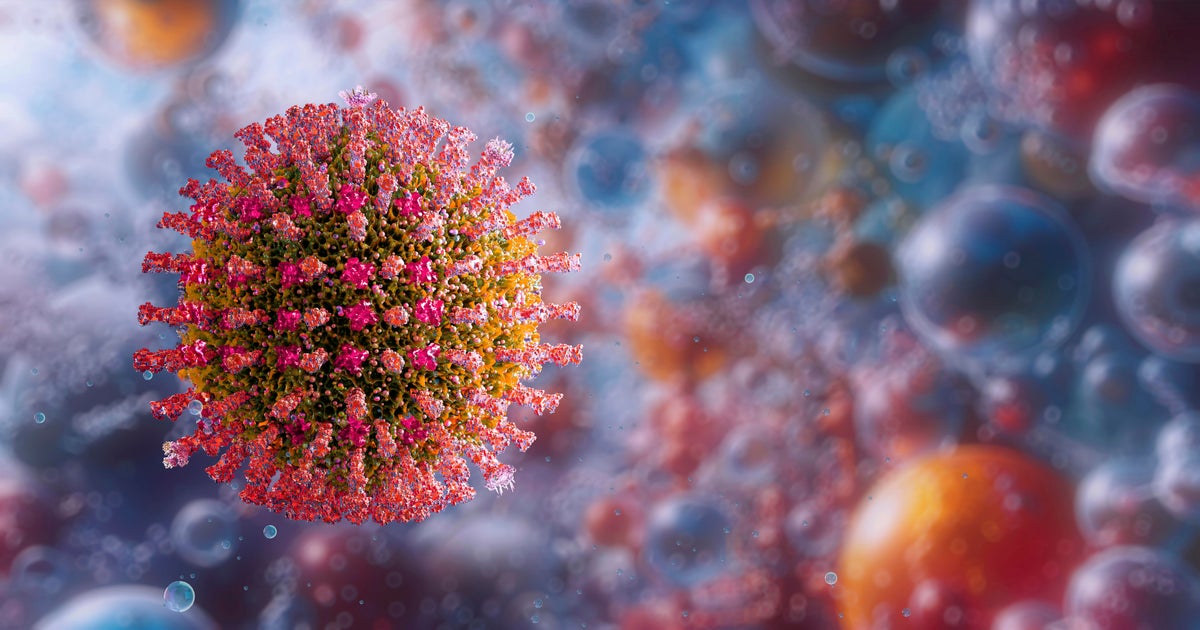How heavy rain led to beaches getting shut down across Boston
BOSTON - During the hottest days of summer, Boston beachgoers were told not to swim, thanks to heavy rain bringing bacteria into the water.
After the Massachusetts Department of Public Health announced high levels of bacteria, including human waste, was found in the water, lifeguards planted red flags and warned swimmers that conditions were unsafe.
DPH Commissioner Dr. Robbie Goldstein said Massachusetts monitors the results of more than 1,100 beaches for anything that could make swimmers sick. Beach closures are announced only after a lab contracted by the state tests the water.
"Many could have a mild illness, something like nausea or vomiting. Some people can have skin reaction but what we're most concerned about are those that are really vulnerable, so the elderly, children," said Goldstein.
In July alone, Boston recorded 10.5 inches of rain, what the city would typically see over an entire summer.
"What we're seeing this summer is more frequent rainfall as a result of climate change," said Beth Haley, an environmental health doctoral candidate from Boston University. Haley warned the problem with more rain is that the systems responsible for draining it all were built back in the mid-1800s and can't handle the current climate conditions.
"These are old infrastructure features and on days with a lot of precipitation, the system gets overwhelmed," said Haley.
There are two systems moving dirty water through Boston. The first is storm drains but as Boston has grown from a small port city to a larger industrial city, there's less green space and soil for flood water to sink into. Which means when the drains overflow, the water stays on the streets' surface, running directly into our waterways and carrying waste along with it.
The second route for wastewater is Boston's combined sewer system, one of the only systems of its kind left in the country. The system combines storm water, industrial and residential waste into one singular pipe that travels toward the Deer Island treatment plant, where 360 million gallons of raw sewage is cleaned daily.
Not all of the sewage makes it to Deer Island. During extreme rain events, the combined system overflows, sending the excess sewage to relief points where 90 percent of it is still treated before it reaches the open water but the other 10 percent remains raw sewage.
"During times of heavy rain where the system becomes surcharged, it will go into the rivers and the inner harbor as well," said Betsy Reilley, the director of environmental quality, water and waste water for the Massachusetts Water Resources Authority (MWRA). Reilley said the combined sewer system doesn't do as much damage as the storm drains but it does play a role.
"The intensity of what we're seeing under this new climate change is just heavy, heavy downpours. You can't build a sewer system that will take that kind of massive downburst," said Fred Laskey, the executive director of the MWRA.
Laskey and the Deer Island team are tasked with keeping Boston water safe but are asking for residents' help.
"Leave no trace. Be good citizens, don't litter," said Laskey. "If you clog our system up, we don't need that in a storm."
